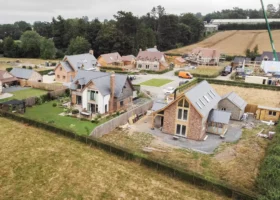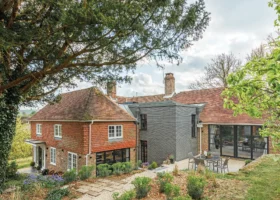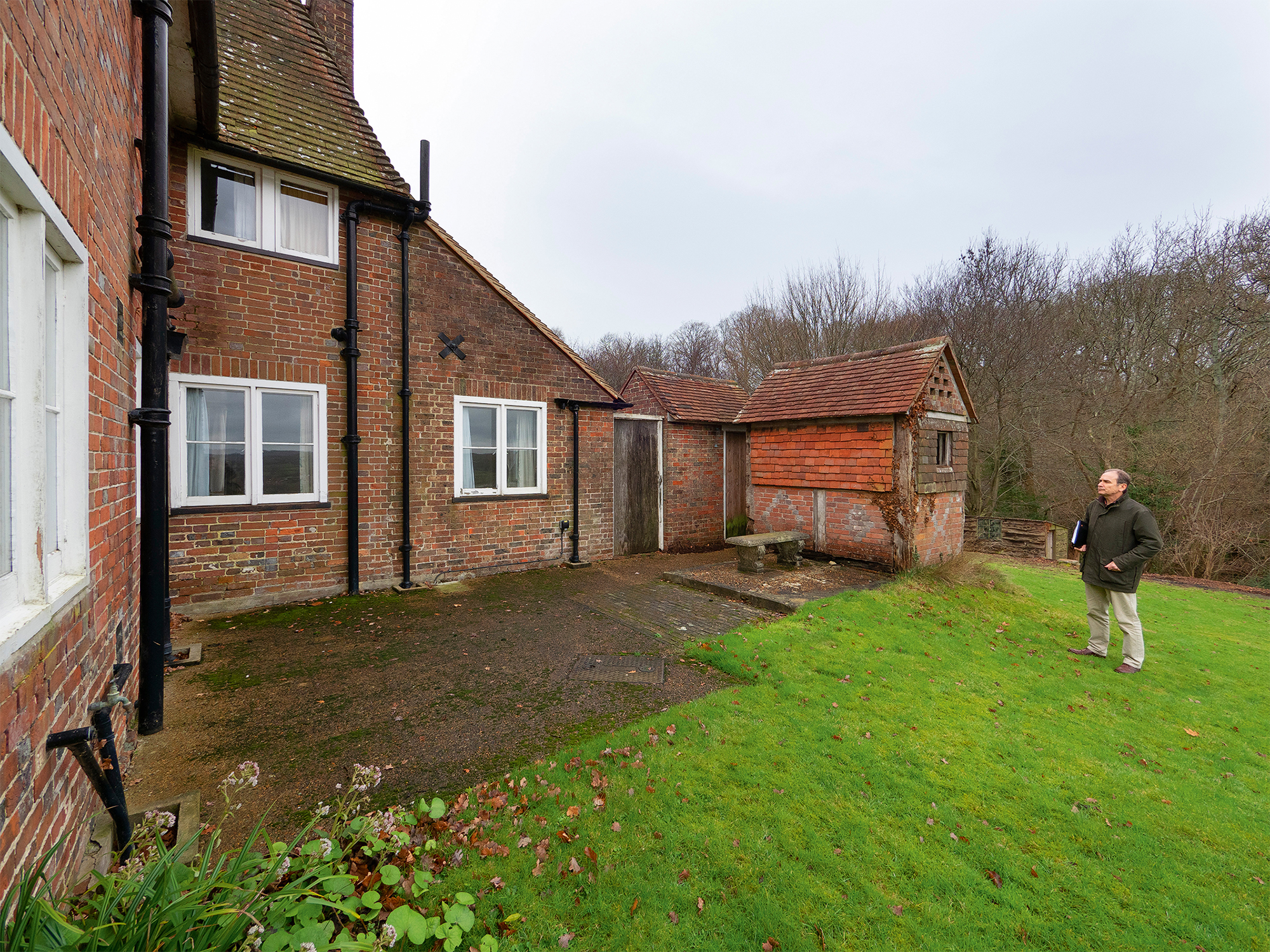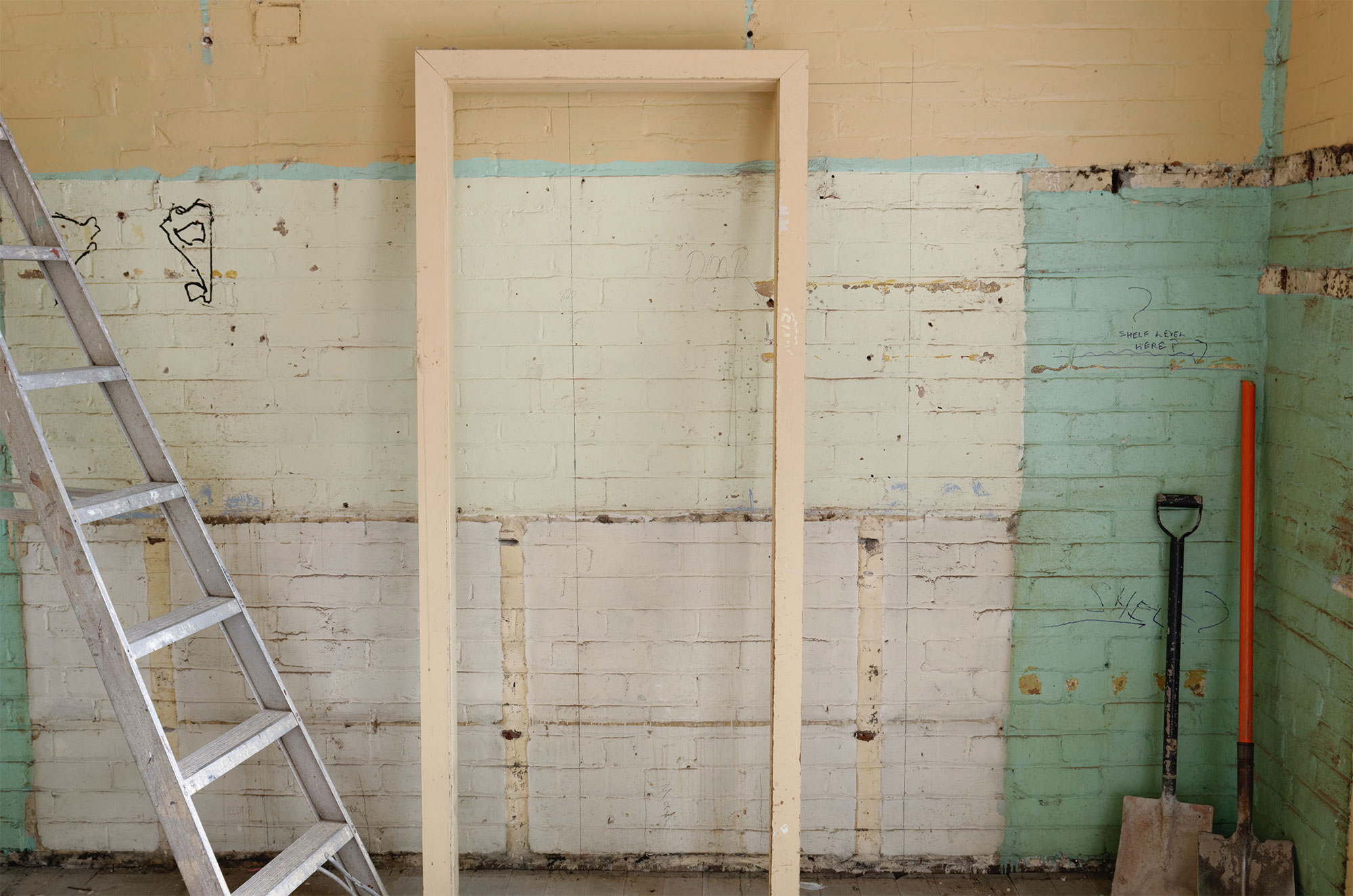Finding Renovation Potential
Are you looking for the perfect renovation project? A property that needs just the right amount of work, so that your money will stretch as far as possible and you’ll end up with a home that’s exactly as you want it? Well, there are plenty of opportunities out there – if you know how to find them.
According to the Empty Homes Agency, which campaigns to bring abandoned properties back into use, there are currently about 800,000 empty homes in the UK, of which about 280,000 have been empty for more than six months.
And repossessions, many of which are in need of care and attention, are rising all the time: the Royal Institution of Chartered Surveyors says the number could increase by 50 per cent this year.
Read more: Complete Guide to Renovating a House
Not to mention conversion possibilities, such as commercial premises, including pubs, which have been closing at a rate of 27 per week since the smoking ban started in July.
How to hunt for a renovation
If you know the area you’re aiming for, your first port of call is local estate agents. But renovation projects aren’t necessarily top of their list of priorities, says David Ireland of the Empty Homes Agency. “There are a lot of properties up for sale but they are not heavily promoted by estate agents,” he says.
Building surveys for home renovation projectsReworking an existing property is a great way to achieve a tailored home and It’s important to assess the structure of an existing house before starting a renovation project. Even though you’re not building from scratch, the scheme can deliver a space that’s bespoke to your household’s requirements, which is why no two renovation ventures are ever the same. Regardless of what you plan to do with the property, any project will require a careful and well-informed assessment of the original building and its capacity to be altered, extended or in-part demolished. |
“Get to know the local agents and make clear what you want. It’s amazing how the properties are there, but not necessarily the first time you ask. Most estate agents don’t want to clog up the windows or their newspaper advertisements with things that look like wrecks.”
You should also scour local papers – both for agents’ marketing and private small ads – and get to know the area really well simply by walking around. You never know when you might spot a great-looking house with an overgrown garden, boarded-up windows or other signs of neglect.
General property websites, which are free to use, are always worth a try. Bear in mind, though, that you usually have to search by area rather than property type, so you’ll have to trawl through hundreds of places to find the right run-down dwelling for you.
Specialist websites, on the other hand, can be a greater help, though they tend to charge a fee. Good ones to try include PropertyRenovate and PickUpAProperty.
If renovating a historic building interests you, several organisations publish catalogues of ‘buildings at risk,’ for which you usually have to pay.
Learn more: Period Renovation Blog
The term may mean almost beyond repair, or just that architectural features are in danger of being lost. The catch is that although the buildings in question may have been neglected, their owners may not necessarily want to sell.
Another useful route is to contact local authorities, which are obliged by law to keep lists of empty properties – though under the Data Protection Act they’re not allowed to tell you about them if they belong to private individuals.
For all other properties owned by businesses, utility companies, government, local agencies and so on, you can make a request in writing under the Freedom of Information Act of 2000, and in theory you should receive a long list of empty properties and their owners in that area.
Land appraisal: A farmhouse ripe for renovationKath and Angie Scholes have been looking for a renovation opportunity and have spotted a promising but tired looking farmhouse on the edge of a Bedfordshire village. The couple have three children between them and need at least four bedrooms. This property only has three, so will need an extension as well as a thorough refurbishment to bring it up to modern standards. Kath and Angie are unsure about the kind of planning permission that would be required for the project. Could this be a viable opportunity for them to create their dream home? |
“Expect a no the first time, but if you phrase it correctly and are persistent you will eventually get an answer,” says David. “You won’t know whether the properties are for sale or not, so you’ll have to do some further detective work. But if you do find one that’s suitable the good thing is that you might not be in competition with any other buyers.”
He also recommends searching for derelict properties on land advertised as a building plot, as sometimes the property in question may be suitable for renovation rather than pulling down and rebuilding.
According to Raymond Connor, chief executive of BuildStore, the number of available plots has increased by about 35 per cent since the start of the credit crunch last summer.
David says: “Many of the plots are just that – a plot of open land. But these are becoming increasingly scarce and most plot-finding lists have a large list of plots with empty and redundant buildings on them.
“Some of these are wrecks that are no good for anything other than demolishing. But you may be surprised how many recycled house projects you can find this way.”
One final tried-and-tested route is auctions; always a prime source of run-down properties, whether the seller is a mortgage company, housing association or private individual.
“Auctions are a quick and decisive way of disposing of property, which is why neglected properties that don’t have immediate saleability are often sold through them,” says David.
Finding the renovation opportunityPlotSearch is the UK’s leading online land finding portal, with the largest and most accurate database of building opportunities in the UK. Whether you’re looking for a plot of land, renovation or conversion opportunity, you’ll find it here. Best of all – it’s free to subscribe! |
Pubs, shops and other wrecks
It’s possible to buy a run-down shop, cafe, office or other type of public or commercial building with a view to renovating and living in it yourself – though the latter would require planning permission for change of use and you should always talk to local planning officers before you purchase.
The big story these days is the sale of pubs. According to specialist pub investment broker Paramount, the market is being flooded with cheap empty pubs, as a combination of cheap supermarket beer, rising costs and the smoking ban have taken their toll on the trade.
Director Gavin Sherman says: “We sell about 200 pubs a year to individuals, businesses and agencies looking to continue running them, convert them into houses or flats, or knock them down and rebuild. Now is a good time to buy, because there are a lot of pubs coming on to the market and fewer developers out there, so there is less competition among buyers.”
Tracking down the owner
If you’ve spotted your ideal ruin but have no idea who owns it, start by contacting the Land Registry (see contacts box), which can also tell you the property’s address via its aerial land locator system.
Most properties have a registered owner, but, says David Ireland, finding them can be tricky, as quite often the Land Registry will tell you that the owner is living at the empty property.
“The council should have a forwarding address for council tax purposes, but they all have different interpretations of the Data Protection Act,” he says. “Some will let you see the council tax register, but others won’t be so open. Try putting the request in writing, citing the Freedom of Information Act of 2000.
“If the empty property is surrounded by other properties, very often the owner will have some sort of informal arrangement with a nearby household to keep an eye on it, pick up the post, or whatever. If you knock on several doors you’re likely to find out who this is. Or send a letter to the empty property’s address, and try to see inside the front door and whether it’s lying on the mat.
“If not, it’s been picked up or redirected and should reach the owner. Also, there’s no reason why the council shouldn’t pass a letter on. If you’re really stuck there are private investigation agencies, but that really is a last resort. The information is out there, it’s just a question of chasing it.”


































































































 Login/register to save Article for later
Login/register to save Article for later














